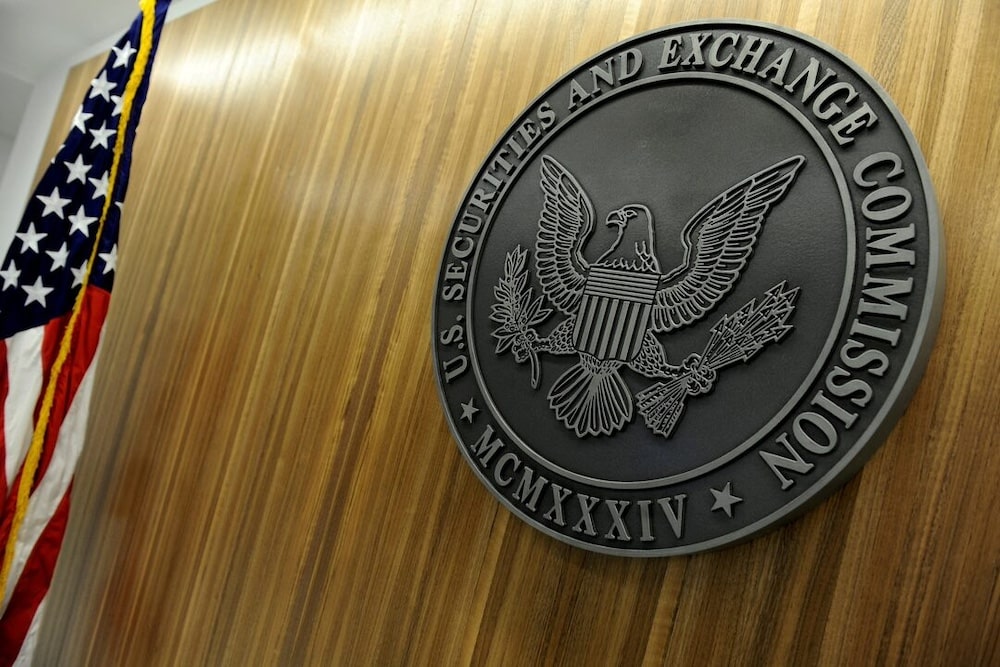The United States Securities and Exchange Commission (SEC) has ordered Flyfish Club, a restaurant project, to pay $750,000 for selling unregistered non-fungible tokens (NFTs). This recent development shows that despite claims that the SEC dismisses crypto as securities, the regulatory body’s stance on NFTs remains unchanged.
SEC Fines Flyfish Club
SEC issued a cease and desist order against Flyfish Club on September 16, stating the company sold 1,600 unregistered NFTs to U.S. investors, generating $14.8 million in revenue. The NFTs granted access to a proposed Manhattan restaurant, but the financial agency deemed them securities, requiring registration under federal law.
By classifying the NFTs as securities, the regulatory watchdog assert that Flyfish Club violated registration requirements, resulting in regulatory action. The restaurant project, founded by the NFT enthusiast Gary Vaynerchuk, will destroy its remaining tokens and forfeit future royalties from sales as part of its settlement with the SEC.
The restaurant, initially funded through the NFT sales, is scheduled to open this month despite the regulatory issues. Vaynerchuk, who gained fame during the 2021 NFT boom, will move forward with the launch while complying with the SEC’s terms. The settlement resolves the regulatory scrutiny surrounding Flyfish Club.
SEC Officials Criticize Settlement
SEC Commissioners Hester Peirce and Mark Uyeda criticized the agency’s decision to fine Flyfish Club for selling unregistered NFTs. They claim these NFTs were simply a creative way to sell restaurant memberships and should not be classified as securities.
The officials expressed concerns that this enforcement action will stifle innovation and could harm the NFT market. Peirce and Uyeda argue that this approach fails to recognize the distinct nature of NFTs and their potential to facilitate new and innovative business models. They further called for more precise guidelines to ensure that innovations are not halted.
The latest report follows a line-up of the SEC’s regulatory actions against NFT-focused platforms. Last month, the financial regulator issued a Wells notice to OpenSea, a leading NFT marketplace. The timing of the Wells notice has raised questions about whether it influenced Magic Eden’s decision to separate U.S.-based users.
The SEC’s stance on NFTs is still unfolding and may change as the market expands, and new cases arise.
Find Cryptocurrencies to Watch and Read Crypto News on the Go Follow CryptosToWatch on X (Twitter) Now

